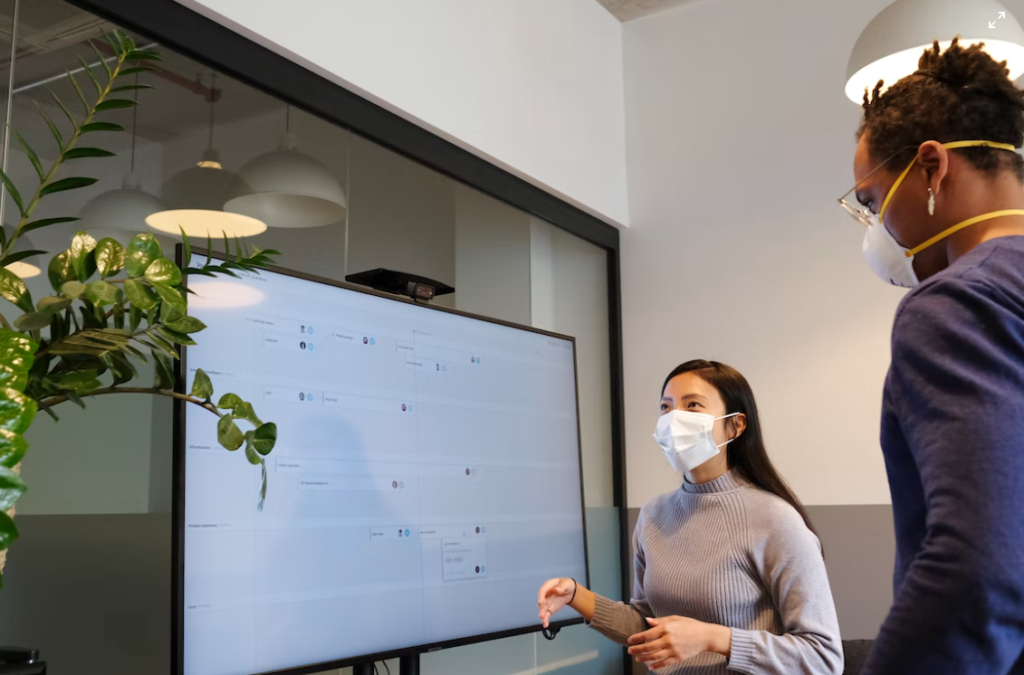Goals For Work
Learn how to set work goals to keep yourself motivated and focused.

Selfpause Affirmation App
Download the app to get 1,000’s of affirmation meditations and everything you need to write, record and listen to your own.
Setting goals for work is a good way to stay motivated and focused. They can also help you improve your work and become a lifelong learner. Your boss will be impressed if you have specific goals to work towards. It will also help you impress the people you work with. In this article, we will go over a few reasons why setting goals for work is beneficial to your career.
Setting goals for work gives you a direction and destination

Goals are defined as a direction to work towards. It gives you a purpose for your work and helps you to make decisions. It inspires you to act and persist, and helps you make better use of scarce resources. They also create accountability and momentum. Achieving them feels good.
When you set a goal, make sure that it is realistic and attainable. This will help you stay focused on your ‘big picture’ and avoid distractions. Goals are also a good way to get a sense of direction and help you avoid getting off track.
Setting goals is most effective when you make it a practice. It should be treated like an ongoing conversation with your manager. For instance, every time you start a new assignment, set up a debriefing session with your manager and discuss the expectations for the project. You should also discuss your performance regularly with your manager.
Setting goals for work helps you create a clear vision for the future. It helps you organize your resources and determine the actions you need to take to reach the desired outcome. It also helps you improve your performance. Once you have a direction and destination for yourself, you can easily track your progress and take action towards reaching your goal.
It helps you focus on what’s important

Focus is an essential skill for success at work. It improves the quality of your work and enables you to finish tasks more quickly. In addition, it increases your creativity. When your mind is focused, you have more ideas for tasks and tend to make less mistakes. Focus is also a good trait for creative people, such as artists, writers, photographers, and designers.
In our digital age, technology is one of the biggest distractions. With constant notifications, it is hard to focus. In fact, recent studies show that people who claim to be great multitaskers are actually the worst at it. You need to make time for work, rather than trying to juggle multiple tasks.
The environment in which you work is another important factor that can help you focus. Clearing your workspace and getting rid of unnecessary items can increase your focus. Make sure your desk is clean and organized, and remove any posters. Also, place a large monitor in between your eyes and the rest of the room so that you don’t have to look at other people’s faces all the time. Lastly, break up your tasks into manageable parts, and you’ll feel more rewarded when you complete a task..
When you have a good chair and a clean desk, you’ll be more likely to focus. A cluttered desk can distract you and make it harder to complete tasks. When you have a clear workspace, it’s easy to focus on what’s important and close out tasks that won’t be finished.
It gives you a timeline

Developing a goal timeline helps you set clear, measurable goals. Creating a timeline also helps you create a sense of urgency and helps you keep on track. You can break down your goal into shorter and longer goals depending on the time frame you have. The main purpose of a goal timeline is to create a solid day-by-day plan for achieving your goals.
A short-term goal is something you hope to achieve in the next year. It may be as simple as completing a five-mile run in under a month, or as complicated as rolling out a new onboarding process at work. On the other hand, a long-term goal is one that takes several years or more to complete.
Our Top FAQ's
My short-term career goal is to gain experience and expertise in my field, and my long-term career goal is to become a leader in my industry. I align my goals with the goals of the company by understanding the company’s mission and values and ensuring that my goals align with those.
I set and prioritize my work goals by identifying the tasks and projects that are most important to achieving my overall career goals, and then breaking those down into smaller, achievable goals. I also consider deadlines and other time constraints when setting and prioritizing my goals.
I measure the success of my work goals by setting specific, measurable, achievable, relevant, and time-bound (SMART) goals and tracking my progress towards achieving them. I also seek feedback from my team or supervisor on my progress and use that feedback to adjust my approach as needed.
I adapt my work goals in response to changing circumstances or priorities by reassessing my priorities and adjusting my goals as needed. I also stay flexible and open to new opportunities and challenges that may arise.
I communicate my work goals to my team or supervisor by clearly outlining my goals and how they align with the goals of the company. I also seek feedback on my progress towards achieving my goals and use that feedback to adjust my approach as needed.
